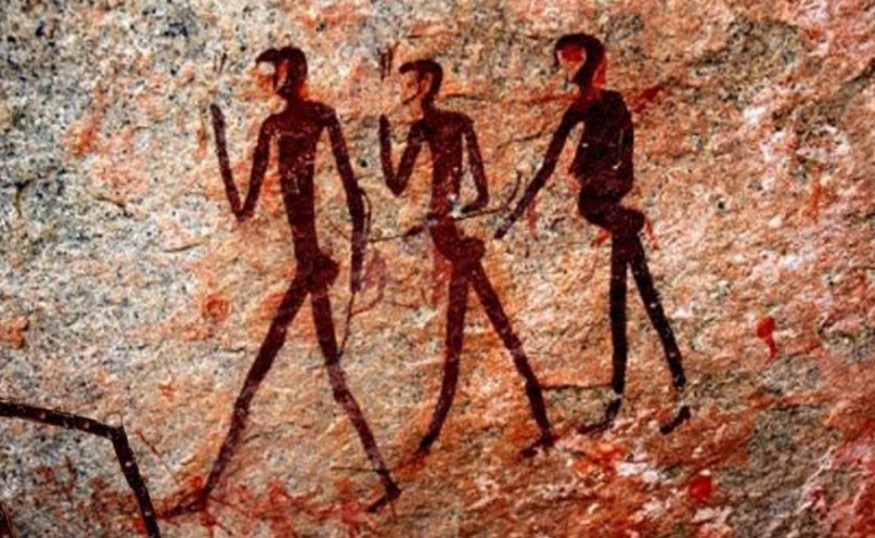
A new study is challenging the popular belief that our ancient ancestors ate mostly meat. Instead, evidence is mounting that early humans, particularly those living around 780,000 years ago in what is now Israel, consumed a diet rich in plants.
This discovery reshapes our understanding of early human diets, showing that plant-based foods were crucial to the survival and evolution of our ancestors.
Starch Granules at Jordan River Site Reveal Plant-Based Diet of Early Humans
The study, led by an international team of researchers, focused on the ancient site of Gesher Benot Ya'aqov, located on the banks of the Jordan River. Archaeologists uncovered hundreds of starch granules and other plant remains, the oldest of their kind ever discovered.
According to ScienceAlert, these granules were attached to stone tools like hammerstones and anvils, suggesting that early humans actively processed plants as part of their diet.
Among the plant materials found were oak acorns, wheat, barley, legumes, and water plants like yellow water lilies and water chestnuts.
The research shows that early humans were not just gathering plants randomly; they had developed advanced methods to extract nutrients from various plant sources. This ability to process plants effectively marks an important milestone in the development of human intelligence and culture.
The tools found at the site, made of basalt, point to the sophisticated techniques used by these early hominins to turn raw plants into energy sources.
New Study Challenges Paleo Diet, Highlights Plant Diet of Early Humans
This discovery overturns previous assumptions about early human diets, which were thought to be mostly meat-based. In fact, the popular "paleo diet," which encourages high-protein, low-carb eating, is based on the belief that our ancestors consumed mostly animal foods.
However, this new research suggests that plants played a significant role in their nutrition, and they were consuming a wide variety of plant-based foods throughout the year.
Archaeologist Hadar Ahituv, from Bar-Ilan University in Israel, noted that this finding highlights the critical role of plant foods in the evolution of early humans.
This ability to obtain calories from plants likely helped early humans thrive in different environments, even during times when meat might not have been readily available.
The study also aligns with other recent research, such as a 15,000-year-old study of bones and teeth from Morocco, which suggested that hunter-gatherers had a significant plant-based component in their diet.
The Moroccan study found that the Iberomaurusians, an ancient group of humans, consumed up to 80% plant-based food, including starchy plants like acorns and wild cereals. These findings support the idea that plants were a major part of ancient human diets, challenging the myth of a meat-dominated Paleolithic era.
The new research, published in PNAS, adds to growing evidence that our ancestors were not only skilled at hunting but also adept at harvesting and processing plants.
© 2025 ScienceTimes.com All rights reserved. Do not reproduce without permission. The window to the world of Science Times.











